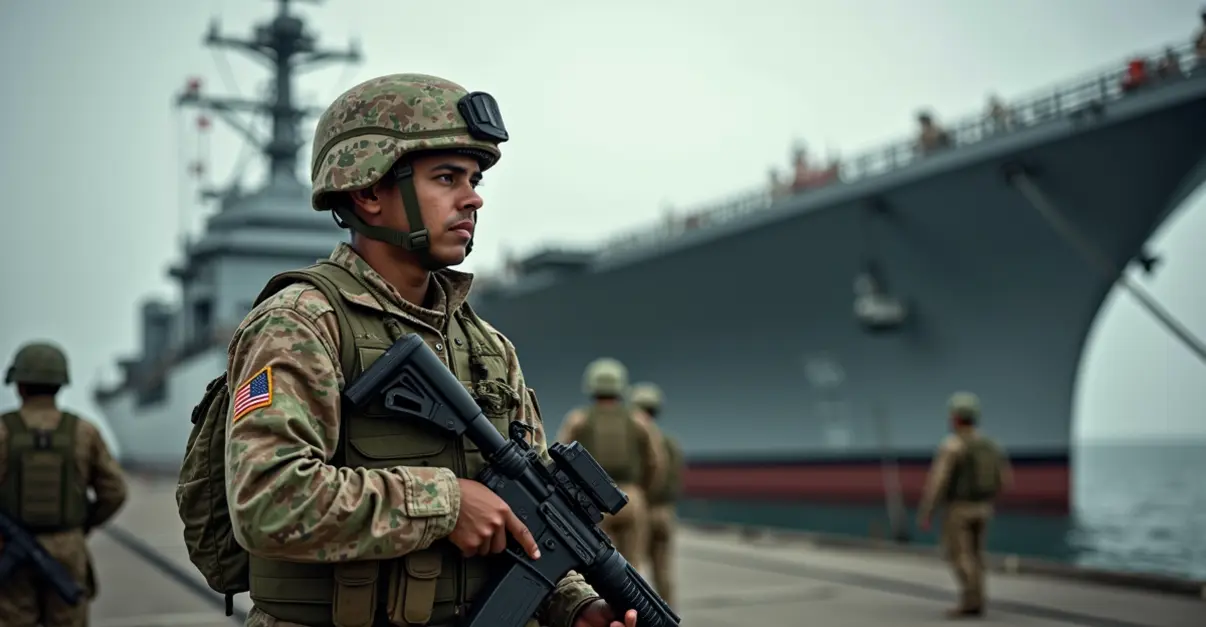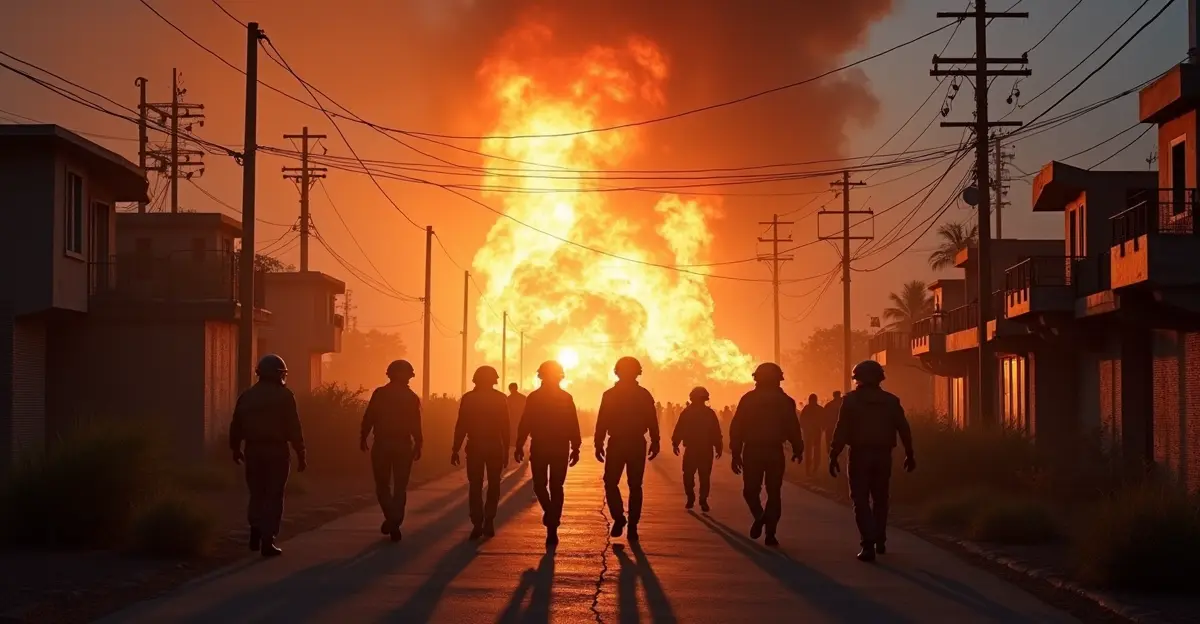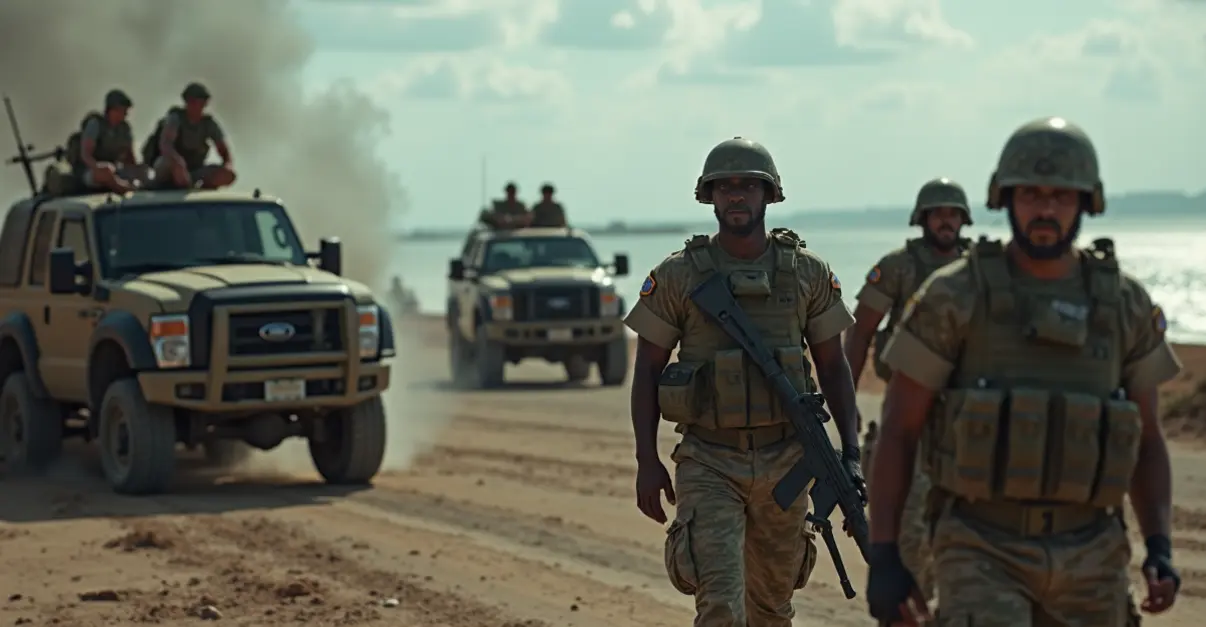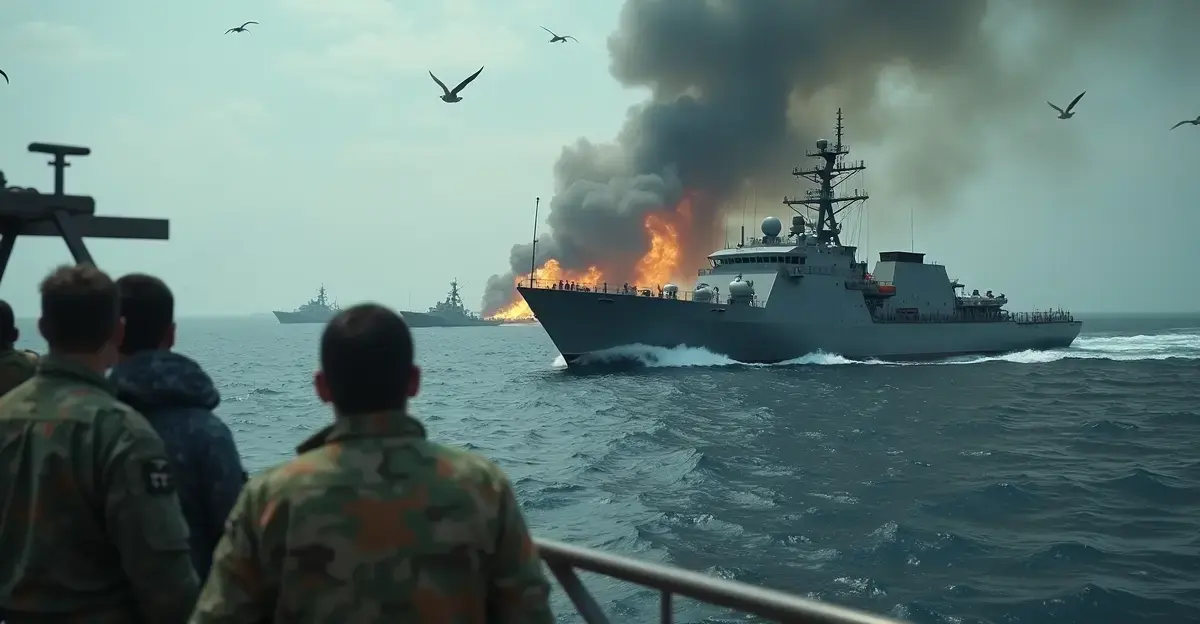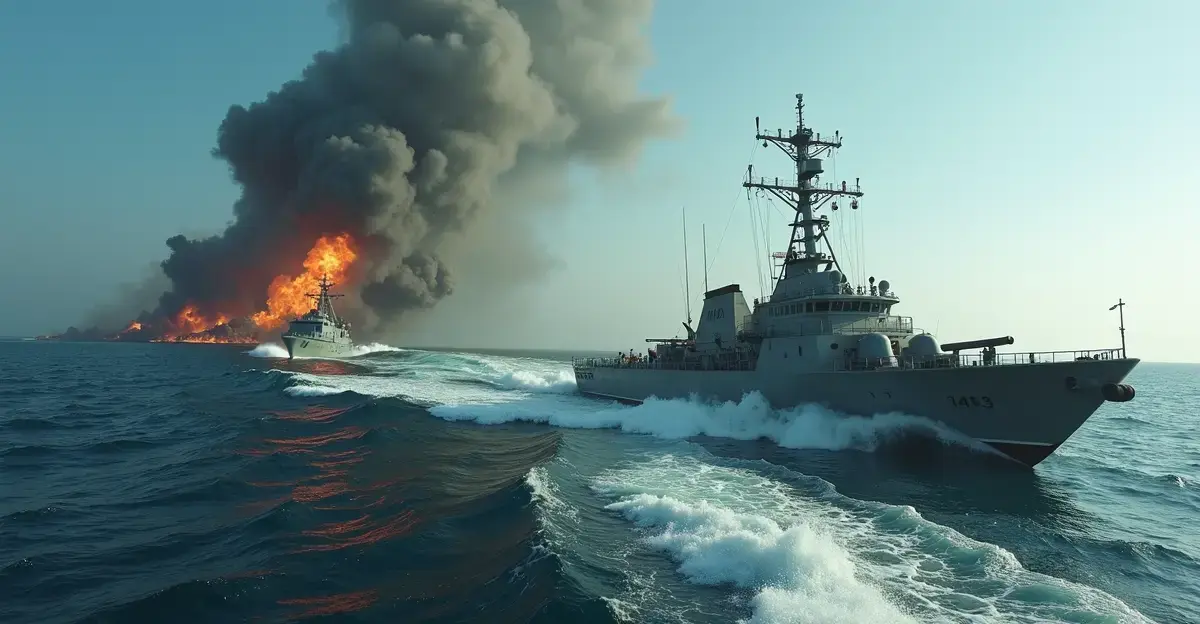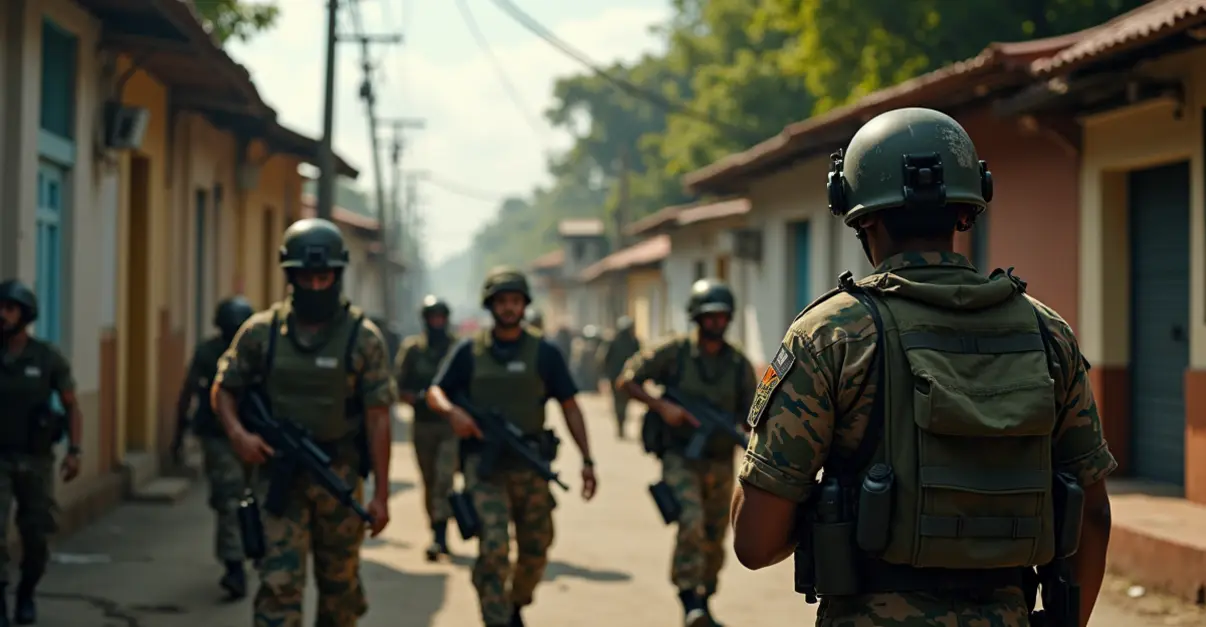Military Buildup Escalates in Caribbean Waters
The United States has deployed the USS Gerald R. Ford, the world's largest aircraft carrier, to the Caribbean region amid escalating tensions with Venezuela. The massive warship, carrying more than 4,000 sailors and dozens of aircraft, represents a significant show of force as Washington increases its military presence near Venezuelan waters.
The deployment comes as part of a broader military buildup that has seen approximately 15,000 U.S. troops positioned throughout the Caribbean region. According to NPR reports, this represents one of the largest U.S. military deployments in the region in recent years.
Drug War or Geopolitical Power Play?
The Trump administration has justified the military escalation as part of its campaign against drug trafficking, specifically targeting the Venezuelan gang Tren de Aragua, which the U.S. designated as a foreign terrorist organization earlier this year. Since September, U.S. forces have conducted 19 airstrikes against alleged drug-trafficking vessels, resulting in approximately 76 deaths according to Council of the Americas analysis.
President Trump has been vocal about his intentions, stating after one attack that the targeted boat was 'on its way to poison Americans'. However, the administration has provided no concrete evidence linking the destroyed vessels to drug trafficking, drawing criticism from human rights organizations who call the strikes 'unlawful extrajudicial executions'.
Venezuela's Response: Mass Mobilization
In response to the growing U.S. military presence, Venezuela has announced a 'massive mobilization' of its armed forces. Defense Minister Vladimir Padrino stated that preparations include ground, aerial, naval, and missile forces, along with police, militias, and citizen units.
Al Jazeera reports that sources have even mentioned preparations for 'guerrilla warfare' should the situation escalate further. The Venezuelan government has framed the U.S. actions as 'imperialist threats' against their sovereignty.
Oil Interests and Geopolitical Stakes
Beyond the official narrative of combating drug trafficking, analysts point to Venezuela's vast oil reserves as a key factor in the escalating tensions. Venezuela holds the world's largest proven crude oil reserves, and Colombia One reports that control over these resources appears to be a fundamental driver of the conflict.
The Trump administration has reportedly been considering more aggressive actions, including potential strikes on Venezuelan territory and even targeting President Nicolás Maduro directly. Forbes reports that senior advisers are pushing for actions that could include seizing Venezuelan oil fields.
International Law Concerns
The U.S. military actions have raised significant concerns under international law. United Nations human rights experts have argued that the marine attacks violate international legal standards, particularly regarding the use of lethal force against vessels where the status of those aboard remains unverified.
Security experts have also questioned the administration's claims about Maduro's direct control over drug trafficking networks, noting that Venezuela accounts for only about 8% of U.S.-bound cocaine according to intelligence assessments.
The arrival of the USS Gerald R. Ford marks a new phase in this geopolitical standoff, with both nations preparing for potential escalation while the international community watches nervously.

 Nederlands
Nederlands
 English
English
 Deutsch
Deutsch
 Français
Français
 Español
Español
 Português
Português
